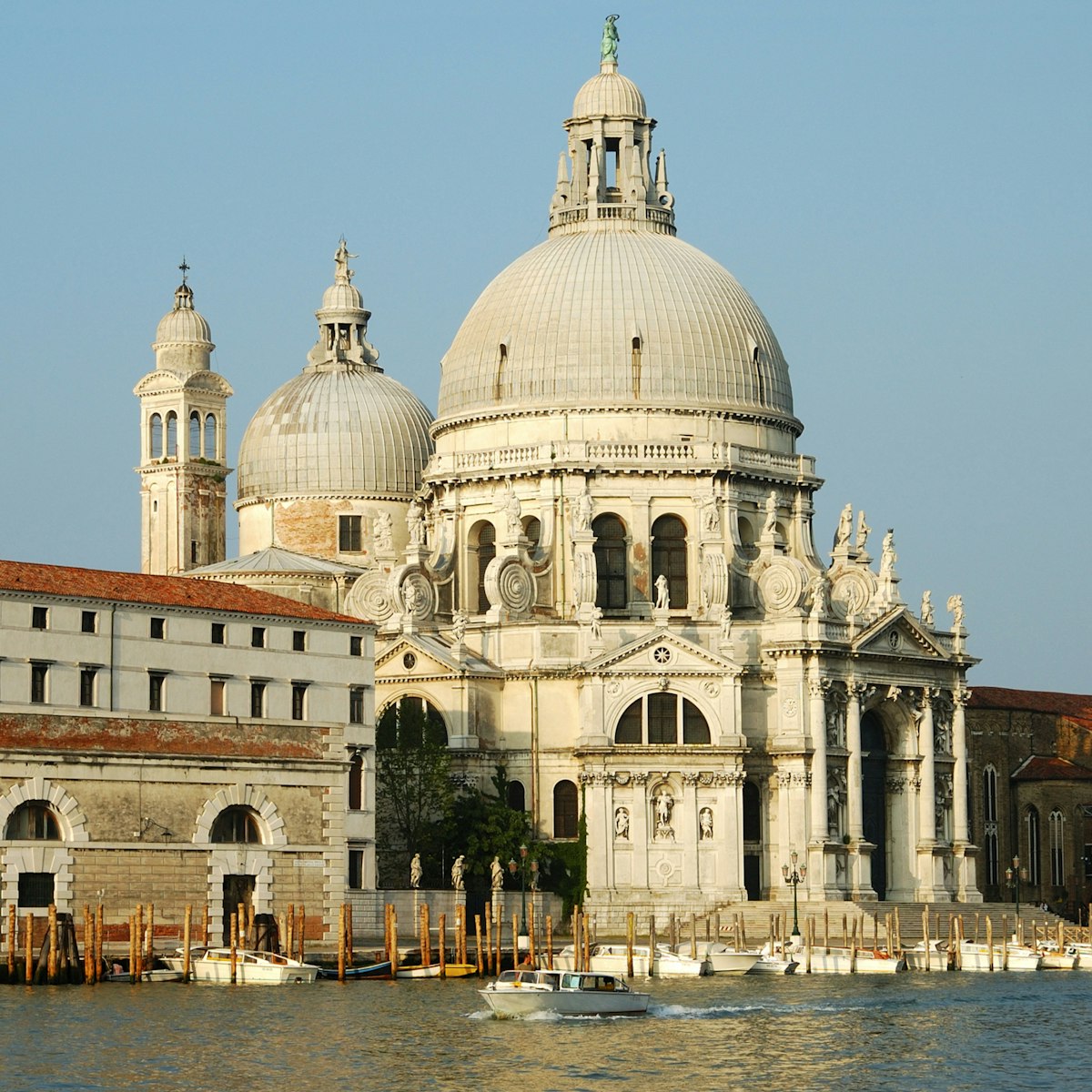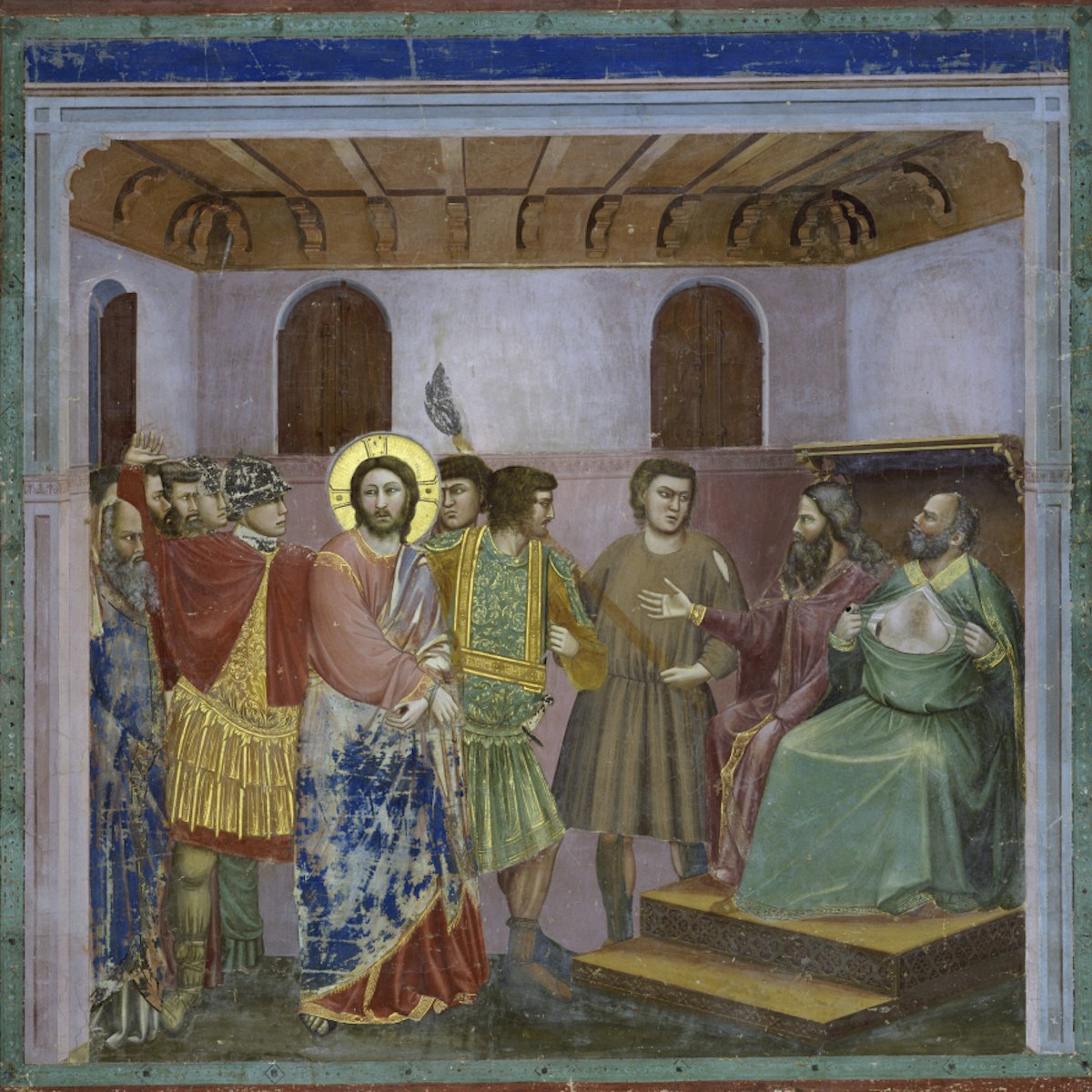Never mind the doge: insatiable curiosity rules Venice, and inside the former Fondaco dei Turchi (Turkish Trading House) it runs wild. The adventure begins upstairs with dinosaurs and prehistoric crocodiles, then dashes through evolution to Venice's great age of exploration, when adventurers such as Marco Polo fetched peculiar specimens from distant lands. There's also a courtyard and charming back garden, which is open during museum hours and ideal for picnics.
Exhibits are extremely well displayed – even the fossil collection looks fascinating – but many of the labels are in Italian only. Upstairs you can out-stare the only complete ouranosaurus skeleton found to date, a macabre menagerie of colonial trophies, a pair of two-headed calves and a mummified Egyptian crocodile priestess flanked by two of her scaly charges. Although the museum's grand finale downstairs is comparatively anti-climactic – a fish tank of Venetian coastal specimens bubbling for attention – it does offer you a close-up glimpse of the large dugout canoe moored at the water door.
Alongside the exit staircase you'll notice marble heraldic symbols of kissing doves and knotted-tail dogs, dating from the building's history as a ducal palace and international trading house. The dukes of Ferrara had the run of this 13th-century mansion until they were elbowed aside in 1621 to make room for Venice’s most important trading partner: Turkey. The Ottoman Turks rented the building until 1858, using it as living quarters, a goods warehouse and a place to do business.








